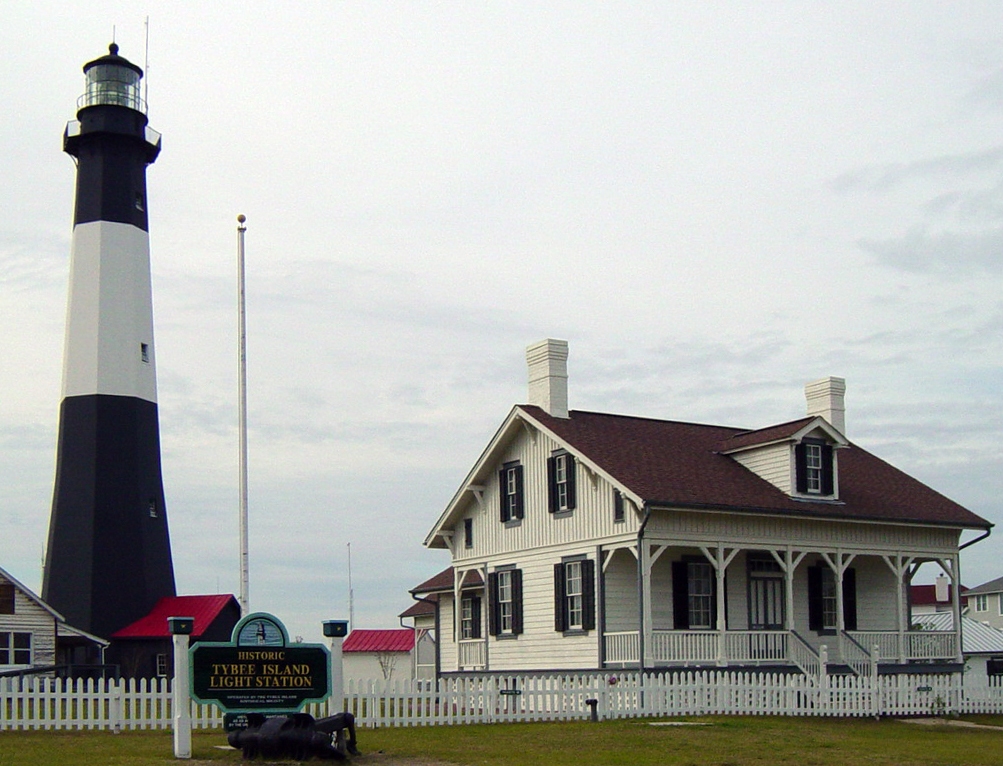
Moving to Tybee Island, Georgia: A Comprehensive Relocation Guide
Considering moving to Tybee Island, Georgia? This laid-back barrier island offers pristine beaches, quirky character, and coastal lifestyle. With approximately 3,200 residents in 2025, Tybee Island combines beach town atmosphere with convenient Savannah access and Georgia’s ultimate island escape.
Demographic Profile to Consider If Moving to Tybee Island:
Tybee Island’s 2025 population is approximately 3,200 permanent residents on this barrier island 18 miles east of Savannah, though the population swells significantly with tourists. The median age is around 48 years, with retirees, artists, hospitality workers, and beach lovers. The population is approximately 90% White, 6% Hispanic. Tybee features a laid-back beach town character with no high-rises, colorful beach cottages, pier and pavilion, and 3 miles of Atlantic beaches. The island maintains quirky, unpretentious atmosphere unlike resort destinations. Tybee attracts those seeking authentic beach lifestyle, artists, and retirees prioritizing coastal living over luxury amenities. The community values preservation, beach culture, and independent character. Find trusted local services for moving, living, and working in Tybee Island.Tybee Island Relocation Directory
Cost of Living to Consider If Moving to Tybee Island:
Tybee Island represents premium pricing for beachfront Georgia. Median home values range from $500,000 to $900,000+ in 2025, with oceanfront properties commanding significantly more. The median household income is approximately $65,000. Rental properties average $2,000 to $4,000+ monthly, with vacation rental markets affecting availability and prices. Georgia’s state income tax is 5.75%. Overall cost of living reflects beachfront location and limited island space. Tybee attracts diverse income levels from service workers to affluent beachfront owners. Housing costs create barriers though the unpretentious character maintains accessibility compared to exclusive resort islands. Vacation rental income helps some owners afford properties. Limited commercial development preserves character but increases costs.
Economy and Job Market:
Tybee Island’s economy revolves entirely around tourism and hospitality. The island’s restaurants, bars, hotels, vacation rentals, surf shops, and beach services employ most working residents. The seasonal nature creates employment fluctuations with peak summer season. Many residents are retirees or work remotely. Some commute to Savannah for professional employment. Real estate and property management serve vacation rental markets. The economy depends on tourist dollars. Working residents often hold multiple seasonal jobs. Artists sell work in galleries and shops. The small-island economy operates at a relaxed pace.
Education:
Savannah-Chatham County Public Schools serves Tybee Island students with children typically attending schools on the mainland. Tybee Island Maritime Academy operates on the island for some grades. The small permanent population includes limited school-age children. The educational infrastructure focuses on mainland schools.
Recreation and Lifestyle:
Tybee Island offers 3 miles of pristine Atlantic beaches with the iconic Tybee Island Pier and Pavilion as gathering spots. The island features the Tybee Island Light Station and Museum with historic lighthouse. Residents enjoy swimming, surfing, paddleboarding, fishing, and beach activities daily. The Back River provides kayaking through salt marshes. The island’s laid-back atmosphere contrasts with resort destinations—no high-rises, chain restaurants minimized, and quirky local businesses thriving. Downtown features beach bars, seafood restaurants, and shops. Annual events include Beach Bum Parade. The lifestyle centers entirely on beach culture, sunrise/sunset rituals, and casual coastal living. Year-round mild climate enables perpetual beach season. The community values environmental preservation, independent businesses, and authentic beach character. Living on Tybee means embracing island time, tourist seasons, and prioritizing beach lifestyle over career advancement. The island attracts free spirits and beach lovers seeking unpretentious coastal authenticity.
Healthcare and Services:
Tybee Island has limited medical facilities with emergency services and clinics. Residents access comprehensive healthcare through facilities in Savannah including Memorial Health University Medical Center and St. Joseph’s/Candler Health System requiring 25-30 minute drives. Emergency services operate on the island with transport to Savannah hospitals when needed.
Transportation:
Tybee Island is accessed exclusively via U.S. Highway 80 (Tybee Road) connecting to Savannah. Savannah/Hilton Head International Airport is approximately 35 minutes. Most residents use personal vehicles, golf carts, or bicycles. The 3-mile island encourages biking and walking. Traffic increases significantly during summer weekends. Parking can be challenging during peak season.
Conclusion:
Moving to Tybee Island in 2025 offers laid-back beach island living with authentic character, pristine shores, and Savannah convenience. The island’s combination of unpretentious beach culture, no high-rise development, and quirky atmosphere makes it ideal for beach lovers, retirees, artists, and free spirits seeking Georgia’s ultimate island escape where every day is beach day and authentic coastal character defines life in Savannah’s beach where quirky meets coastal paradise.
Timjarrett at English Wikipedia.
Later version(s) were uploaded by Jbarta at English Wikipedia. • licensed under CC BY-SA 3.0
